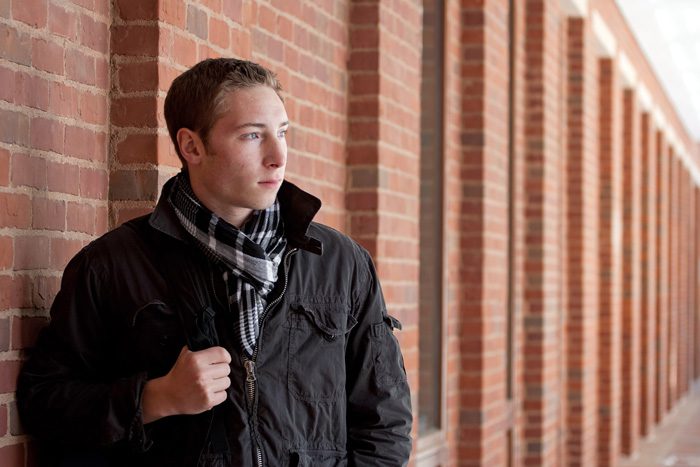By Cristina Utti MFA, MA
Although all addiction is dangerous and can be life-threatening, those who hide their addiction well are in grave danger.
Most addictions begin in the teen years. These are the years in which we are seeking out independence while at the same time trying to fit in and figure out who we are. Addiction often begins with the thought that getting high and/or drinking is fun and harmless. The highly functioning teen will keep up grades, jobs, and outward appearances all the while drinking or getting high. As a matter of fact, some may even take on more responsibilities, such as extracurricular activities, getting even better grades, and working more hours, not only to help pay for the addiction, but also to put up a front of doing well so they will not be found out. Thus the cycle of needing the drug of choice to keep up the energy level of being good at everything is a roller coaster ride that may be difficult to get off.
When I was at one of my lowest points in addiction, I managed a seafood department, was in the honors program at community college, was on the cross country team, and had a waitressing job which I worked nights and weekends. I kept up good grades, kept my jobs, lived in an apartment by myself, and paid all of my bills on time. I was nineteen years old. From the outside, it looked like I really had my life together.
“Inside, I was a terrible mess. No one had a clue as to the depth of my addiction. Even I was lying to myself. I never thought I was an addict.”
I thought addicts were people who were homeless and had no job. They were people who lost everything due to drugs or alcohol. This was not me. I kept up outside appearances for a very long time, until the time came where I could not live like that any longer.
According to a study by the National Institute on Alcohol Abuse, only nine percent of alcoholics fit the stereotype that people often think of: people living on skid row. A much larger number exemplifies the majority of people with addiction disorders—those who maintain successful careers, jobs, and family life, while secretly battling an addiction. A highly functioning person with an addiction is able to hide their addiction so well that they can fall deeper and deeper without anyone noticing.
If you have the feeling that something is “just not right” with your teen, pay attention. s parents, we always want to think the best of our children. It may be difficult to even imagine that our child is hooked on drugs or alcohol.
Here are some signs that your teen may have a high-functioning addiction:
- They regularly get sick in the mornings or after eating. Your teen may use excuses that stress is causing the vomiting, or that they are just not feeling well. If this pattern of getting sick does not accompany a fever, be aware that it could be due to drugs and/or alcohol.
- They keep up an outward show of success in their life at school and work.
- If you ask about drug or alcohol use, they get defensive.
- Mood swings will be apparent.
- They have lost interest in friends they used to spend time with.
- They have lost interest in activities that they enjoyed.
- You have caught them in lies about where they have been.
- They have unexplained weight loss or loss of appetite.
The highly functioning person with addiction is more likely to think that they do not have a problem because they are able to use while keeping up with other aspects of their life. Even if they do think that drugs or alcohol have become a problem, they are apt to keep it to themselves, thus getting deeper and deeper into their addiction. They may feel as though they have a lot to lose by “coming clean” and seeking help. (For example, they may fear that their grades will fall if they go into rehab, that they will lose their job or get kicked off the team if their use is found out.)
If you think your teen may be addicted to drugs or alcohol, do not feel bad about snooping in their room or checking their phone. You may have to do some investigating. Professional help is always a call away if you suspect your teen is addicted. Snooping and a phone call may just save your child’s life.
Contact The Ranch at Dove Tree for more information on addiction treatment at 806.307.2003. Our admissions professionals are available 24/7.












